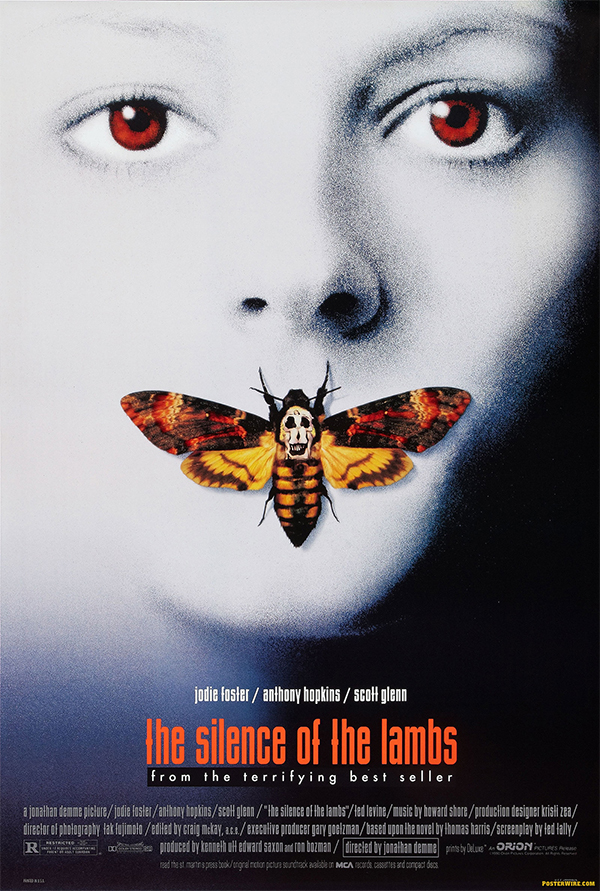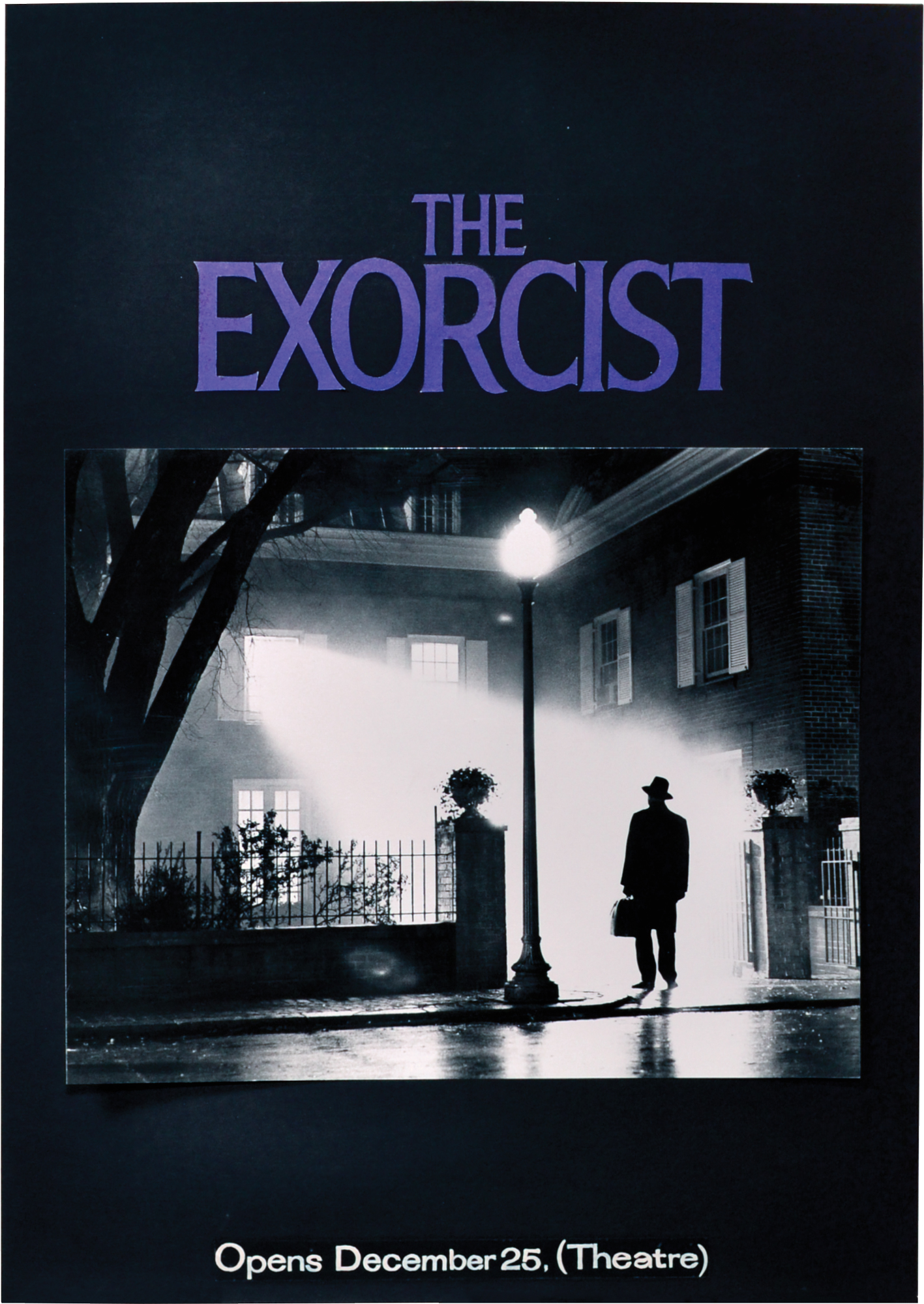A more exciting month than usual: I left Reno for the first time since January and got back yesterday! I spent a week in Michigan after not having been on an airplane in eight months to celebrate an important family event and decided that since I'm not exactly going to make tons of use of my vacation time anytime soon, I might as well make a whole trip of it. I mostly felt pretty safe, but I am watching myself like a hawk for any signs of the virus after air travel. And, of course, I read books!
In Books...
- Mother Daughter Widow Wife: This is an interesting book that provoked a lot of thought. It is centered around three women: Lizzie, a young graduate fellow in psychology doing research with a renowned psychiatrist, Wendy Doe, their subject who is in a fugue state with no memory of her life, and then, in a second timeline, Alice, Wendy's daughter, who comes to Lizzie looking for answers. It's been marketed as a mystery/suspense book, and while there are those elements there, it's really more a work of literary fiction dealing with questions of construction of identity. It's good, but not quite great.
- Yakuza Moon: If you are looking for a memoir with more information about the yakuza, like I was, this one by a daughter of a yakuza member is unlikely to be what you're seeking. Shoko's father leaves the life when she's still quite young, and her book covers mostly her teens and twenties. Her life was harrowing and there are about a million content warnings here: drug abuse, sexual violence, physical abuse, disordered eating. I don't know if it was the writing or the translation, but there is a sense of remove that made it hard to connect much with Shoko or her story.
- The Human Stain: I'd never read Philip Roth before, but had gotten the idea he was pretty fixated on sex. This is very accurate. There is merit in this book: Roth's prose is strong, and the story's themes of freedom and the creation of the self are powerful. But I mostly found it overwrought and much too focused on Men Having Feelings About Being Men (which is, of course, very tied up with sex, in this case between a former professor in his 70s and an illiterate cleaning woman in her mid30s). I wonder how I might have felt about this book even five years ago, before the Me Too and Black Lives Matter movements really took off. Reading it now felt very cringey from a racial and sexual politics standpoint.
- The Good Soldier: This book traces the relationship between two couples in pre-World War I Europe. John and Florence are wealthy Americans who meet Edward and Leonora at a health spa in Germany, which Florence and Edward visiting because of heart conditions, and the quartet become fast friends. John narrates the story, and it quickly becomes clear that he is highly unreliable and that the relationships of the characters are much complicated, and much darker than they might have initially seemed.
- The Memory Keeper's Daughter: I have several friends who thought highly of this book, so I am willing to concede that my issues with it are primarily from the "me" side rather than "the book" side. As a reader, I can be very hit and miss with domestic dramas, which I think are often nakedly emotionally manipulative in a way I don't enjoy. This one, about a family forever changed when a father makes the decision to give away his newborn daughter because of his fear that her Down's Syndrome will leave her susceptible to the heart condition that killed his own sister as a child, tried too obviously to tug my heartstrings and did nothing special with prose or characterization to redeem it.
- Fifth Avenue, 5 AM: Apart from the horrifying Mr. Yunioshi bits, Breakfast at Tiffany's is a wonderful movie. If you've ever wanted to learn more about how it got made, from the original Truman Capote novella from it being optioned and cast and securing a writer and director, to the actual shooting, this book will be informative and engaging. It's told in little pieces, no more than a few pages at a time, and while it's fun to read it's not very substantial.
- Highfire: I'd read the first few of Eoin Colfer's Artemis Fowl books quite a long time ago, and remembered them as enjoyable so thought I would try out his first fantasy for adults, about possibly the last dragon, who is named Vern and lives in the bayou in Louisiana and loves his La-Z-Boy recliner. It did not have the same charm as the Artemis Fowl books...it's almost as if, being free to use swear words and talk about genitals for the first time in his fiction, he went overboard. I love swearing, but it was a little much. I never really got invested in the characters.
- Naked: Of the three of his collections I have read, this was the weakest for me. Of course, it was still funny and enjoyable to read, Sedaris is a great writer and story-teller. But the moments of real brilliance felt fewer and further between, and some of the stories did nothing for me.
In Life...
- I went to Michigan: It had been 14 months since I went to Michigan, which is unusual...I usually try to go at least once a year, if not twice. But though I was not especially inclined to travel yet, my little sister's baby shower was last weekend and obviously that's mandatory. I got to celebrate my pending baby nephew and spend time with my mom, my sister, my dad, and my friends, which was wonderful.
One Thing:
After months and months of mask-wearing, I've found a favorite variety: Breathe in Peace masks are USA made, easily adjustable, and have a piece that goes over the nose so it fits snugly but comfortably. And they're cotton, so you can just chuck them in the washer and dryer when they need to be cleaned and you're done!
Gratuitous Pug Picture:






























